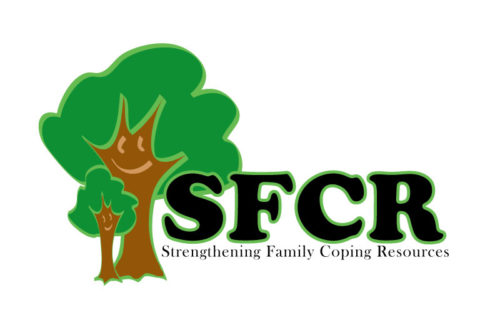This summary provides instructions for administering each instrument:
Measures Completed by the Parent/Caregiver
Demographics form
- Demographic information about the child, parent and family as reported by the parent
- Complete with parent before separating to complete the remainder of the assessment
- Asterisk the identified child on the list of children
Psychiatric Treatment History
- Details the child’s treatment history
- Complete with parent before separating to complete the remainder of the assessment
UCLA PTSD Reaction Index 5 Parent Version (UCLA RI 5)
- Parent is completing this instrument to indicate the PTSD symptoms that the identified child is experiencing
- Can have parent complete alone (with prior instructions) or as an interview
- Regardless of mode of administration, be sure to orient parent to response options with calendar page
- Review to check that all items were completed
- Young Child PTSD Checklist (YCPC)
Child Behavior Checklist (CBCL) (check age of child – 1½ to 5 or 6 to 18)
- Parent report of child’s behavior problems
- Be sure to select questionnaire which matches age range
- Can have parent complete on own if parent’s reading level is sufficient
- Explain the 6-month time frame
- Review to check that all items were completed
Family Assessment Device – General Functioning Scale (FAD-12)
- Questionnaire measures health family functioning
- Can have parent complete on own if parent’s reading level is sufficient
- Review to check that all items were completed
Parenting Stress Index – Short form (PSI-SF)
- Assesses the amount of stress that the parent is experiencing related to parenting role
- Make sure parent knows to respond for target child only for items where “my child” is included in the question
- Can have parent complete on own if parent’s reading level is sufficient
- Review to check that all items were completed
Family Crisis Oriented Personal Evaluation Scales (F-COPES)
- Questionnaire is about the strategies that the family uses to cope
- Can have parent complete on own if parent’s reading level is sufficient
- Review to check that all items were completed
Treatment Satisfaction Questions
- Asks the parent about the treatment experience
- For the pre-assessment use the Initial form; for the post-assessment use the Post form
- Can have parent complete on own if parent’s reading level is sufficient
- Review to check that all items were completed
(Optional) PTSD Checklist 5 – Civilian Version (PCL-C-5)
- Checklist of caregiver’s PTSD symptoms in response to stressful life events
- Parent can complete on her/his own
- Review to check that all items were completed
(Optional) Brief Symptom Inventory (BSI)
- Inventory of caregiver’s own mental health symptoms
- Parent can complete on own
- Review to check that all items were completed
Measures Completed by the Child
UCLA PTSD Reaction Index 5 (UCLA RI 5)
- Child is completing this instrument about his/her exposure to trauma and related PTSD symptoms
- The UCLA RI is completed as an interview
- Supplement the exposure items with Additional Exposure Questions included in the packet
- Identify most stressful event or events for eliciting symptoms
- Be sure to orient parent to response options using calendar page
- Read through symptom/item list and have the child select response reflecting how often they have experienced each symptom in the last month
Kinetic Family Drawing – only for 6-17 year olds
- Ask the child to draw a picture of their family doing something together
- Can ask the child who is in the picture & label with de-identified descriptors (e.g., brother, sister). Can also write a description of what is going on in the picture on the back (written on back to ensure it will not interfere with coding)
